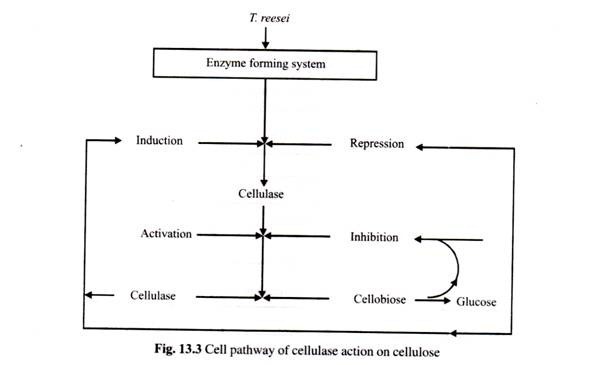ADVERTISEMENTS:
The following points highlight the two types of fatty acids. They are: (1) Saturated Fatty Acids and (2) Unsaturated Fatty Acids.
Fatty Acid Type # 1. Saturated Fatty Acids:
These fatty acids contain only single bonds along the length of the carbon chain, i.e., all the carbon atoms are fully saturated with hydrogen atoms. The fatty acids found in the human body contain odd number (4, 6, 8, …) of carbon atoms. All these are solids at room temperature.
The various saturated fatty acids and the numbers of carbon atoms are:
Fatty Acid Type # 2. Unsaturated Fatty Acids:
These fatty acids contain one or more double bonds along the length of the hydrocarbon chain. In human tissues, the double bond is of —cis type (i.e., the substituents are on the same side of the double bond). To represent the position of the double bond in a fatty acid, it is represented as Delta n (∆n), where n shows the position of double bond between the nth carbon atom and the carbon atom next to it towards the omega (last) carbon atom. Unsaturated fatty acids are all liquids at room temperature.
They are further classified depending upon the number of double bonds present per fatty acid as:
(a) Monounsaturated fatty acids:
They contain only one double bond per fatty acid.
(b) Polyunsaturated fatty acids:
They contain two or more double bonds along the length of the hydrocarbon chains.
The polyunsaturated fatty acids are also known as essential fatty acids as they cannot be synthesized in the body and hence must be taken through the diet.
The other classes of fatty acids are:
(a) Cyclic fatty acids:
Chaulmorgic acid
(b) Hydroxy fatty acids:
(i) Saturated—Carbonic acid and
ADVERTISEMENTS:
(ii) Unsaturated—Ricinoleic acid.



